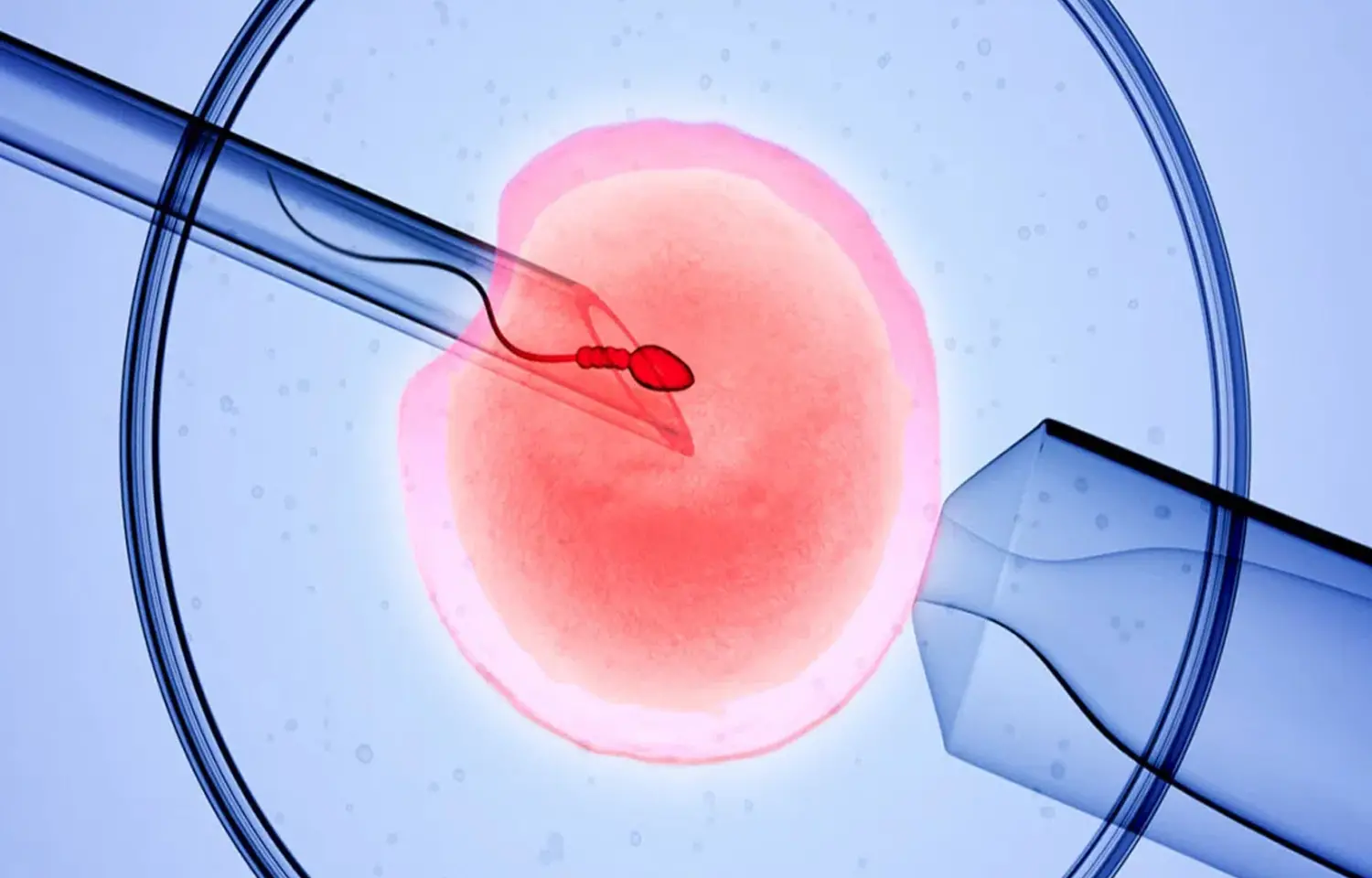- Home
- Medical news & Guidelines
- Anesthesiology
- Cardiology and CTVS
- Critical Care
- Dentistry
- Dermatology
- Diabetes and Endocrinology
- ENT
- Gastroenterology
- Medicine
- Nephrology
- Neurology
- Obstretics-Gynaecology
- Oncology
- Ophthalmology
- Orthopaedics
- Pediatrics-Neonatology
- Psychiatry
- Pulmonology
- Radiology
- Surgery
- Urology
- Laboratory Medicine
- Diet
- Nursing
- Paramedical
- Physiotherapy
- Health news
- Fact Check
- Bone Health Fact Check
- Brain Health Fact Check
- Cancer Related Fact Check
- Child Care Fact Check
- Dental and oral health fact check
- Diabetes and metabolic health fact check
- Diet and Nutrition Fact Check
- Eye and ENT Care Fact Check
- Fitness fact check
- Gut health fact check
- Heart health fact check
- Kidney health fact check
- Medical education fact check
- Men's health fact check
- Respiratory fact check
- Skin and hair care fact check
- Vaccine and Immunization fact check
- Women's health fact check
- AYUSH
- State News
- Andaman and Nicobar Islands
- Andhra Pradesh
- Arunachal Pradesh
- Assam
- Bihar
- Chandigarh
- Chattisgarh
- Dadra and Nagar Haveli
- Daman and Diu
- Delhi
- Goa
- Gujarat
- Haryana
- Himachal Pradesh
- Jammu & Kashmir
- Jharkhand
- Karnataka
- Kerala
- Ladakh
- Lakshadweep
- Madhya Pradesh
- Maharashtra
- Manipur
- Meghalaya
- Mizoram
- Nagaland
- Odisha
- Puducherry
- Punjab
- Rajasthan
- Sikkim
- Tamil Nadu
- Telangana
- Tripura
- Uttar Pradesh
- Uttrakhand
- West Bengal
- Medical Education
- Industry
Fresh embryo transfer bests frozen embryo in IVF success: Study

Boston, Massachusetts: Women undergoing in vitro fertilization (IVF) who used fresh versus frozen embryos derived from freshly retrieved donor eggs had a higher rate of live births, finds a recent study in the Journal of the American Medical Association. Miscarriage rates however, were the same between both groups.
While fresh embryos were associated with a higher rate of live births compared to frozen embryos, live birth rates were high for both groups, the researchers noted.
Data has demonstrated that in in vitro fertilization cycles using autologous oocytes, there is a higher live birth rates following cryopreserved-thawed embryo transfers compared with fresh embryo transfers. But the association remains unknown in cycles using freshly retrieved donor oocytes. To determine the same, Iris G. Insogna, Brigham and Women's Hospital and Harvard Medical School, Boston, Massachusetts, and colleagues tested the hypothesis that in freshly retrieved donor oocyte cycles, a fresh embryo transfer is more likely to result in a live birth compared with a cryopreserved-thawed embryo transfer.
For testing the hypothesis, researchers analyzed data from 33,000 women who received fresh or frozen embryos derived from freshly retrieved donor eggs. The data was from 370 in vitro fertilization clinics in the United States that account for more than 95% of all assisted reproduction nationwide.
Key findings of the study include:
- Of a total of 33 863 recipients who underwent 51 942 fresh donor oocyte cycles, there were 15 308 (29.5%) fresh embryo transfer cycles and 36 634 (70.5%) cryopreserved-thawed embryo transfer cycles.
- Blastocysts were transferred in 92.4% of fresh embryo transfer cycles and 96.5% of cryopreserved-thawed embryo transfer cycles, with no significant difference in the mean number of embryos transferred.
- Live birth rate following fresh embryo transfer vs cryopreserved-thawed embryo transfer was 56.6% vs 44.0%.
- Clinical pregnancy rates were 66.7% vs 54.2%, respectively
- Miscarriage rates were 9.3% vs 9.4%, respectively.
"In cycles using one's own eggs, recent randomized controlled trials comparing pregnancy rates between fresh and frozen embryo transfers have suggested that pregnancy rates are equivalent or possibly higher following frozen embryo transfers," said study author Dr. Insogna.
"Our study suggests the opposite in cycles using freshly retrieved donor eggs. In fresh donor egg recipients, pregnancy rates were actually higher following fresh embryo transfers compared to frozen embryo transfers," Insogna said in a hospital news release.
"The transfer of either fresh or frozen embryos derived from freshly retrieved donor eggs provides an excellent chance of achieving a pregnancy," Insogna noted.
"For women contemplating achieving a pregnancy using freshly retrieved donor eggs, as well as for their physicians, we feel this study provides valuable guidance," said study senior author Dr. Janis Fox, an attending reproductive endocrinologist in Brigham's Center for Infertility and Reproductive Surgery.
The study titled, "Association of Fresh Embryo Transfers Compared With Cryopreserved-Thawed Embryo Transfers With Live Birth Rate Among Women Undergoing Assisted Reproduction Using Freshly Retrieved Donor Oocytes," is published in the journal JAMA.
DOI: https://jamanetwork.com/journals/jama/article-abstract/2774832
Dr Kamal Kant Kohli-MBBS, DTCD- a chest specialist with more than 30 years of practice and a flair for writing clinical articles, Dr Kamal Kant Kohli joined Medical Dialogues as a Chief Editor of Medical News. Besides writing articles, as an editor, he proofreads and verifies all the medical content published on Medical Dialogues including those coming from journals, studies,medical conferences,guidelines etc. Email: drkohli@medicaldialogues.in. Contact no. 011-43720751


